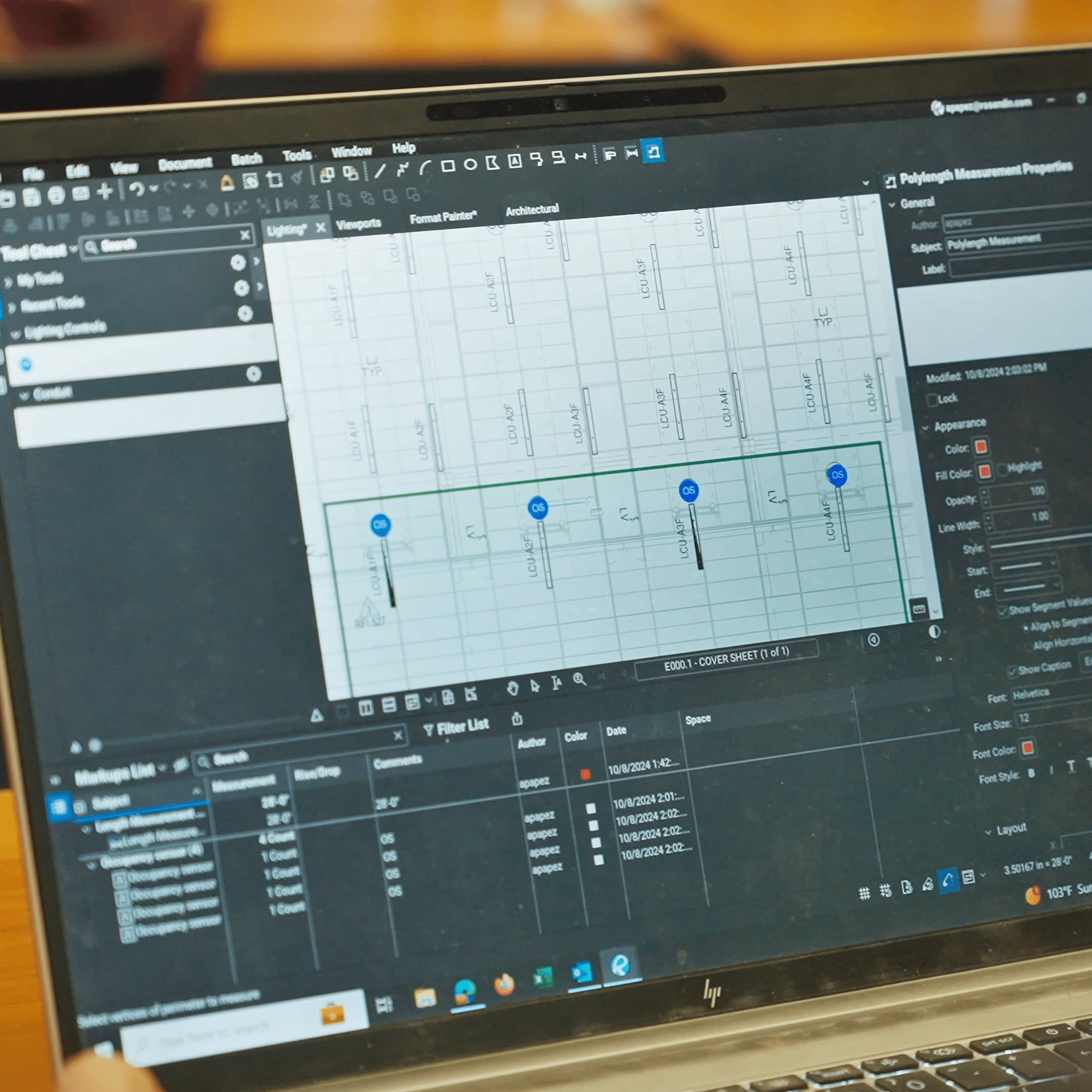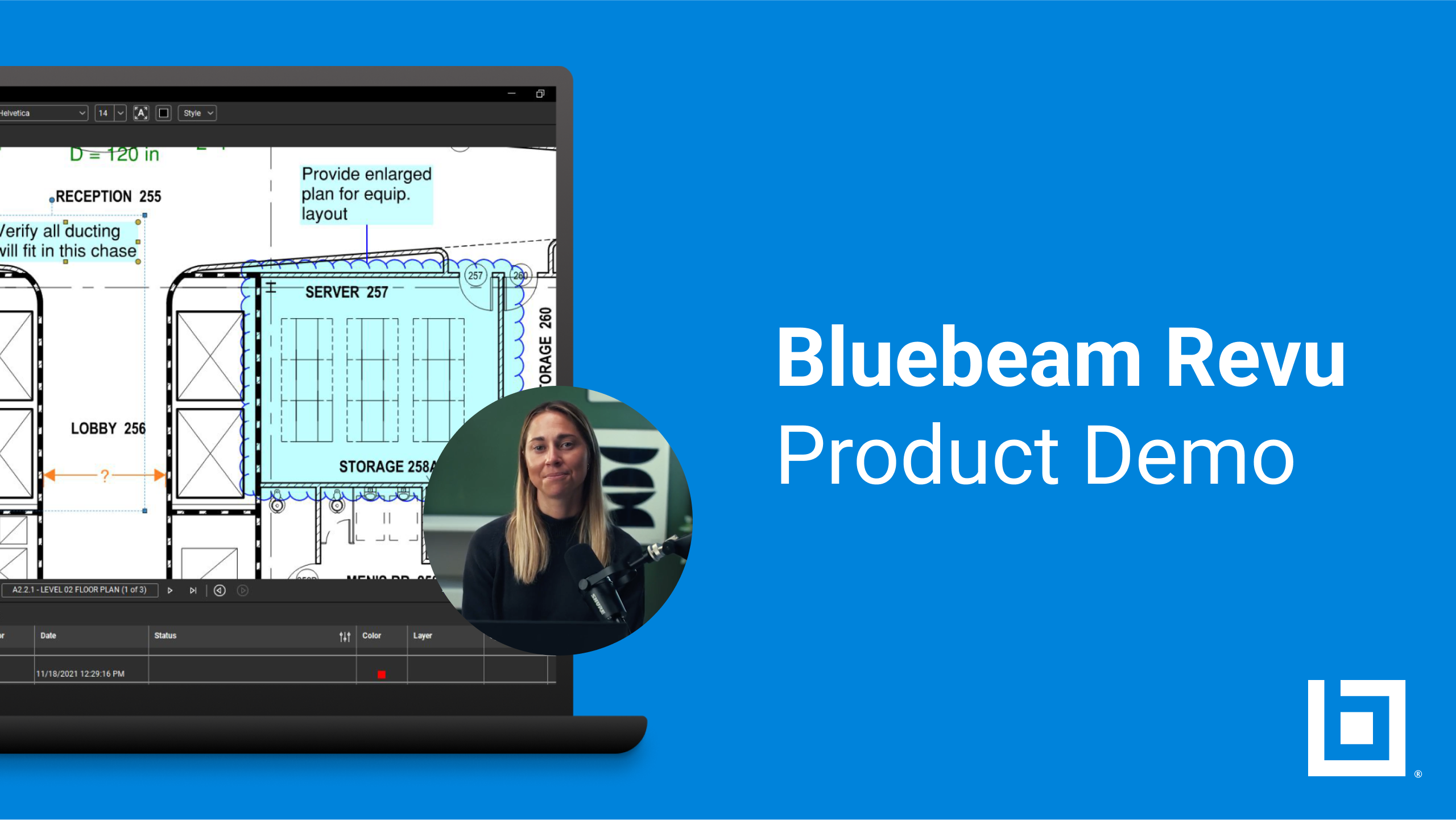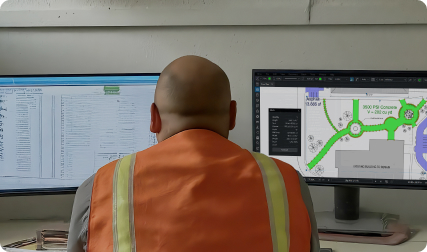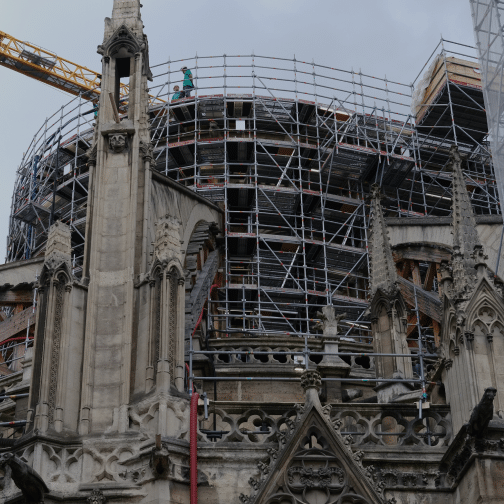Mission Bell, founded in Morgan Hill, California, in 1959, specializes in quality architectural woodwork, millwork and custom casework. The firm has produced products for practically every Silicon Valley juggernaut you can think of: Lyft, Facebook, Google, Indeed, Twitter, LinkedIn, 23andMe … and the list goes on. Mission Bell is also a leader in the field of reclaimed lumber, repurposing old wood for cutting-edge, unique products: they recently turned 10,000 feet of Douglas Fir architectural timber from the old San Francisco Train Depot into custom furniture and paneling for a luxury property on the same site.
Mission Bell made the move several years ago toward more custom casework and reclaimed lumber use. As customers have requested ever more complicated designs, the company has tapped their most important resource—good people—to harness powerful technologies. Along with more complicated designs, customers are also demanding faster turnaround times, and Mission Bell realized early on that the best—and perhaps only—way to meet those deadlines was to become more efficient, and not just throw more people at the problem. And Revu has played an outsized role in increasing collaboration, reducing errors and enabling quicker turnaround times. At Mission Bell, Revu is ubiquitous: from the floor of the 80,000-square-foot shop, to office desktops, to the tablets of installers in the field.
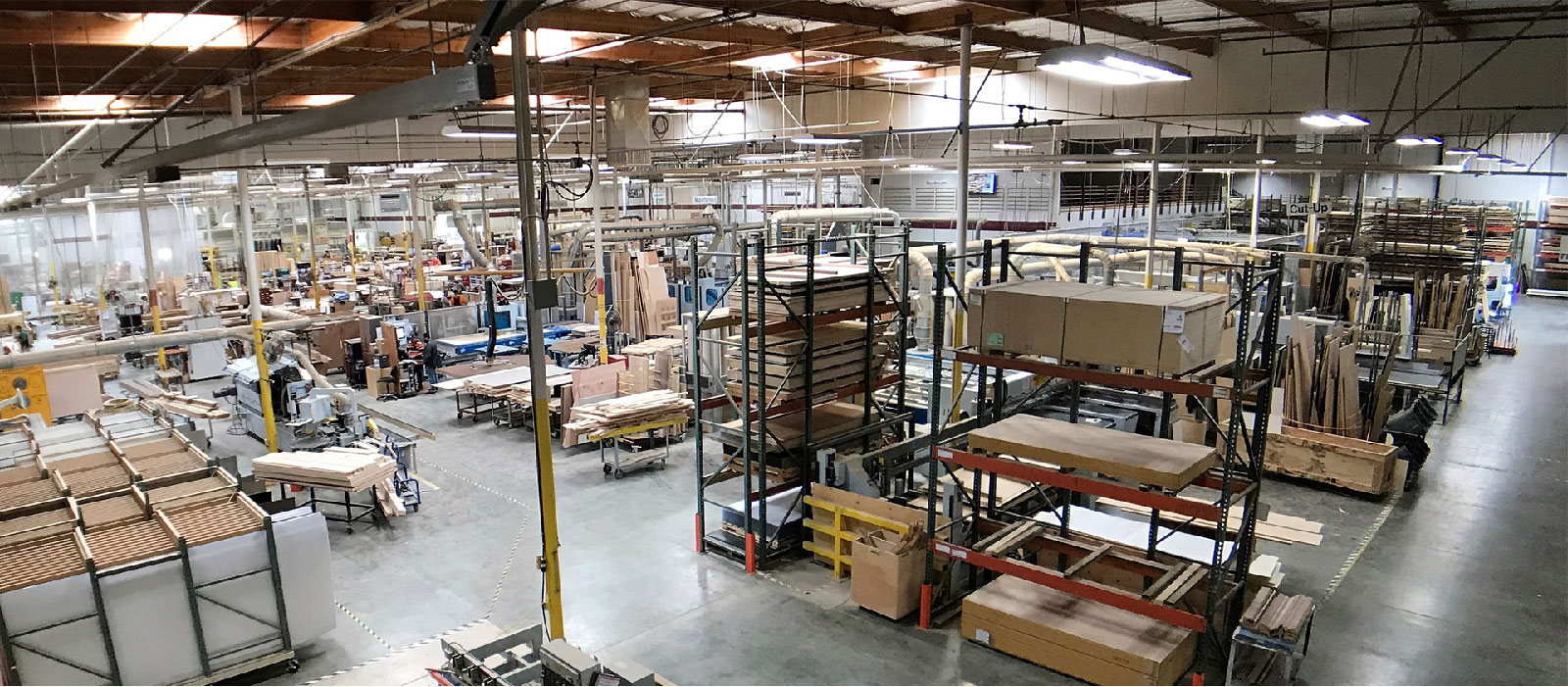
Smarter Collaboration Means Getting Things Done Together, Faster
From the time Mission Bell wins a project, they begin tracking its progress in a Studio Session, which allows multiple stakeholders to view, edit and manage documents in real time. As the project works its way through the pipeline, a project manager oversees the various documents that are being uploaded and edited, from architectural drawings to shop drawings, field measurements, tweaks by an owner or GC and RFIs from the shop machinists.
Joseph Becker is a project manager at Mission Bell, and as such, is the point person for the various parties that need to collaborate with each other. He invites the architects and contractors to a Studio Session and is able to respond to any changes and RFIs at a rapid pace. The time he saves by being able to see the changes as they occur in real time is precious; he doesn’t have to wait for that information to come across in an email or a phone call, or even by mail. And when a redline comes back from an architect, it’s handy to have access to the comments tracking. “There was one instance where I was in Studio and saw the architect making changes and was able to follow along and write notes as they were doing their thing,” Becker said. It allowed his team to get a head start on the changes, instead of waiting for a few hours, or even until the next day, to learn of them. “Hours turn into days very quickly. If you have a couple of weeks to get something done, a day or two is major.”
He credits Revu with aiding in their transition to more complicated designs. “If everybody printed out a copy of the redlines we get back from architects, and marked it up independently, and then brought it back to compile, one, it’d be tough to compile and two, you wouldn’t be able to see anything, there’d be too much going on. The collaboration is really where the time saver is and creates efficiency.”

Saving Time, Improving Scheduling
Project Engineer Junior Cervantes helps ensure that the company is making the best possible use of Revu. He and his team of engineers are constantly innovating, customizing dashboards for employees, making certain tools standard across the company, and setting up folder structures in projects so that everybody from installers to machinists has easy access to the materials they need, while not being overwhelmed with information. “We use it all the way from estimating to engineering, project management, and in the shop,” Cervantes noted. And that’s saved them countless hours, so that instead of, for instance, driving to San Francisco to meet with a GC or an architect to resolve an issue, they can just jump on a Session.
James Hernandez, the company’s chief innovation officer, can speak to real time savings enabled by Bluebeam Studio. “The fact that a project is available through a Session, and that anybody can enter data there, from a field guy taking measurements to somebody in the office being able to take those measurements and run with them on the same day—that’s huge. Before Bluebeam, it would have taken two days at least for a guy in the field to take care of something and bring it back. Now we can get that same information in real time. That positions us to be more efficient and more successful in the schedule. Bluebeam has allowed us to communicate quicker not just internally, between our departments, but also with our customers.”
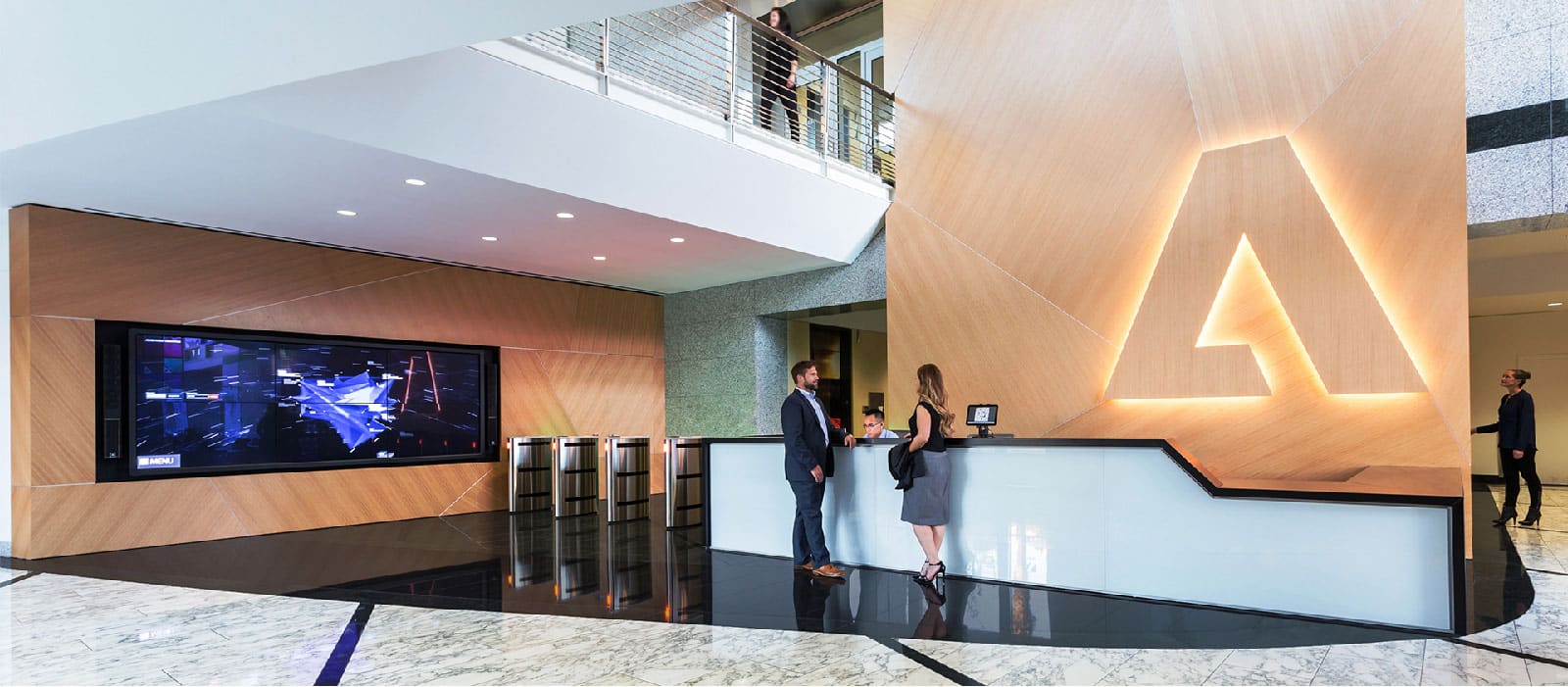
Innovating to Meet Customer Needs
“We’re not a lumber company, we’re not a cabinet company. We’re really the high-end custom shop doing what other people can’t,” said Marc Ripley, Mission Bell’s director of IT. “The items that we build, a lot of times nobody has even thought of before. Architects come up with something conceptually, and sometimes it seems ridiculous to even conceive those.” And that’s precisely why technology, including Revu, is so crucial to Mission Bell’s continual success. “I couldn’t even imagine not having Revu. I don’t know how I can even measure that. It would be drastically different,” said Project Manager Joseph Becker. “Revu has created opportunities for us that we couldn’t do before.”

